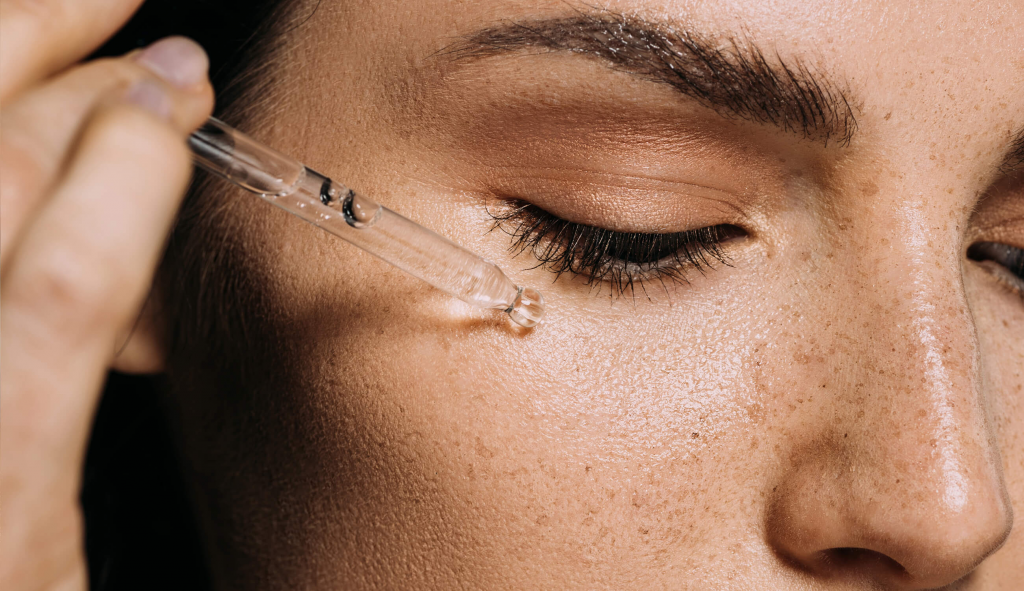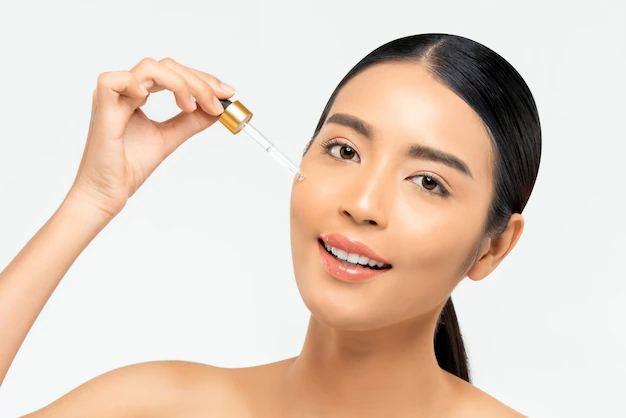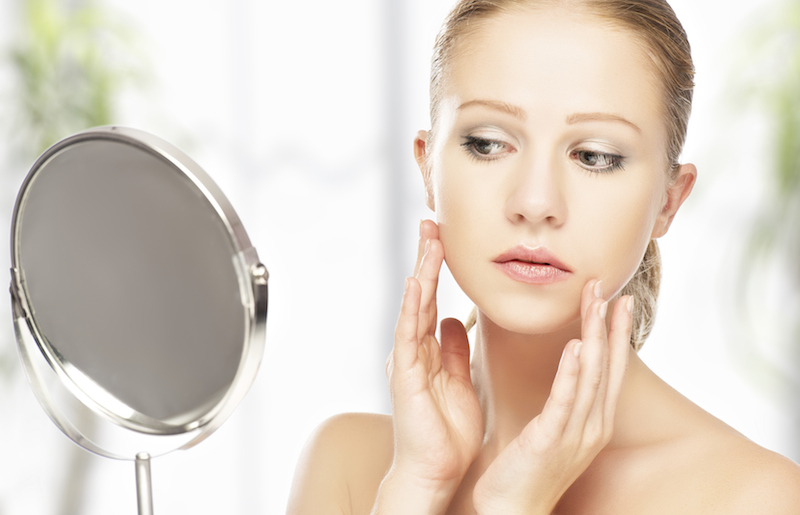The importance of vitamin C in the diet is not surprising. This is why in the past, sailors who did not eat fresh fruits and vegetables for a long time developed scurvy due to vitamin C deficiency. But it is also a factor that can win over cosmetics. Vitamin C is actually one of the most studied cosmetic ingredients for improving skin. What exactly does this substance do?
1) Prevents Skin Aging
Large amounts of powerful antioxidants (including vitamin C) have been proven to prevent skin aging. Collagen is the protein that makes skin firm and elastic. Without it, the skin cannot produce collagen. Other antioxidants, such as vitamin E, are also effective against skin aging.
2) Effective Against Pigmentation Spots
In addition to fighting red spots, vitamin C also affects pigmentation spots. Pigmented spots form because the skin produces a pigment that is (excessively) activated by exposure to the sun. Vitamin C inhibits the production of pigment. A little vitamin C can help prevent spots, but it is also essential to use sunscreen with a factor of 30 or higher. This is the only preventive measure for spots.
3) Deals With Impurities
Anyone who suffers from acne knows that red spots remain after the pimple disappears. Even with impurities, vitamin C protects against irritation, fights inflammation, and helps the skin heal so that the red spots after acne disappear more quickly.

But be careful, there are certain prerequisites for using vitamin C in skin care.
- Vitamin C must be highly concentrated (at least 4% required) to work. Just look at the ingredients list to know if a product contains sufficient amounts. The substance must be listed at the top of the ingredient list or at least in the first third.
- Vitamin C works best in combination with other antioxidants. Vitamin C and vitamin E form the golden duo.
- Vitamin C is very unstable and resistant to moisture, light, and oxygen. Oxidized vitamin C (which reacts with oxygen in the air) not only loses its effectiveness, but can even produce oxygen radicals (which have the opposite effect). This makes products in bottles or glass jars containing this ingredient useless.
More Is Not Always Better
Also, when it comes to skincare, “more” is not necessarily “much better”. Extremely high concentrations of vitamin C are not suitable either because of the imbalance between vitamin C (and other antioxidants) and pro-oxidants. In addition, skin inflammation can encourage the formation of free radicals.
How Much Vitamin C Is Healthy?
Diet cannot exceed the amount of vitamin C the body can process; vitamins are best worked from within. So, a varied diet and drinks with lots of fruits and vegetables is essential.
In facial treatments, vitamin C must be highly concentrated (at least 4%) to be effective. Vitamin C is often called by complicated names such as ascorbic acid or ascorbyl tetraisopalmitate, so check the ingredients list. Also, the amount of an ingredient in a product is usually not listed as a percentage on the package. One trick is to check which line contains the ingredient. If it is at the top of the list, you can assume it has a sufficient amount of vitamin C.
How Often Should You Use Vitamin C in Skincare?
Vitamin C serums are most effective when used daily.
It is worth noting that vitamin C serums (as well as all serums in general) are most effective when the skin is properly exfoliated. When dead skin cells accumulate due to lack of exfoliation, it is difficult for cosmetics to penetrate the skin.

Do you also use vitamin C for your skin? Share your reviews with us in the comments below!



